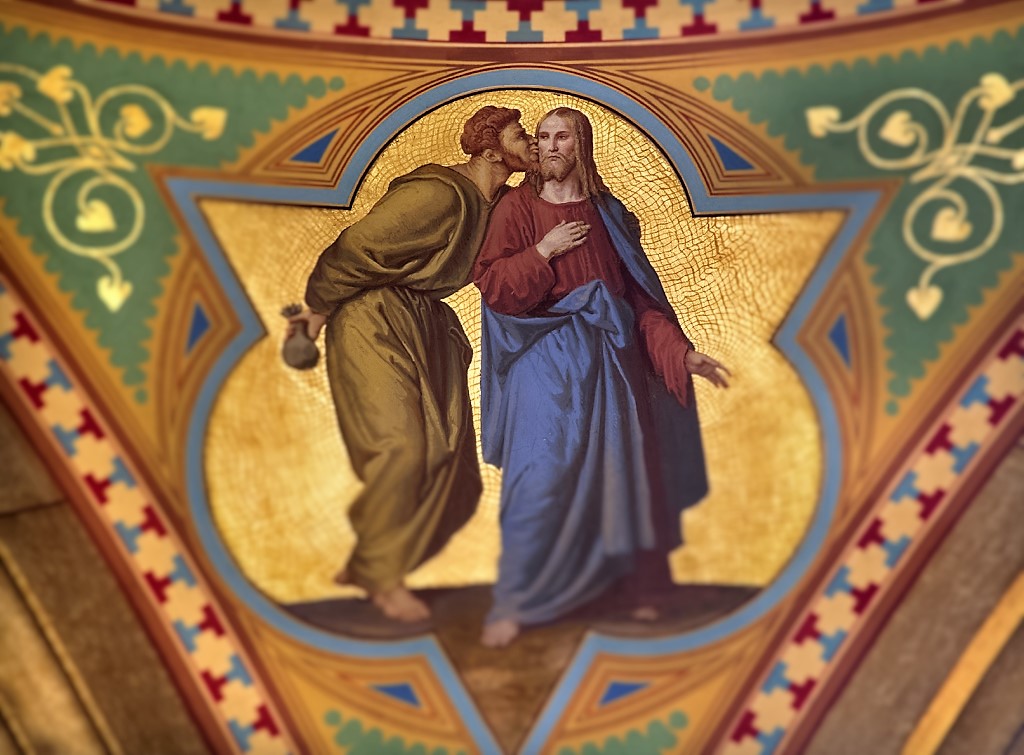Andrei Sinyavsky was an interesting man. Not the type of “interesting man” who sells us beer as he sits, surrounded by beautiful women. No, Sinyavsky was interesting in that he spoke the truth in a time and place where doing so could cost one’s life.
Sinyavsky was a writer in Soviet Russia. In 1966, he was sentenced to hard labor for “anti-Soviet activities” and for his “pro-Zionist” opinions (he wrote under a Jewish pseudonym.) He considered himself a Christian, but primarily a writer and promoter of freedom. Yet the imprint of faith was found his work. He once said, “The text of the gospels explodes with meaning. It radiates significance, and if we fail to see something, this is not because it is obscure, but because there is so much …”
He writes of faith like that of a foot soldier: one whose faith has been tested and found true. He has no illusions of Christianity being a faith of false cheerfulness or of gripping drama. It is not a play that once seen, sends the audience home thinking that they’ve seen something entertaining, but not terribly meaningful. No, Sinyavsky knows that to be a Christian is to be embattled in this world. Just as some would judge a soldier rushing into battle to be a fool rather than brave, so to the Christian.
Look at them, the heroes of Christendom. You won’t find many prudent ones among them. Their story is a long succession of martyrdoms and deaths … They are soldiers, displaying their scars and wound to the world as decorations.
And who enlists with them? People of all nations, the scum of the earth, even criminals, but always those who have taken the cross. Anyone can join: the ignorant, the sinful – provided he is ready to throw himself into the battle. If is the religion of maximum hope born of despair.
Is there any better symbol of that “hope born of despair” than Christ on the cross? We Christians stand with one foot in the grief and despair of Good Friday and another foot in the bloom of hope on Easter morn.
And so, we rise again to battle the evil of this world. We join the ranks of Francis of Assisi, Mother Teresa, Paul, Dorothy Day: fools for Christ, heroes for Christendom. We dare to hope in a world of despair because we know Christ, and trust in His promise of everlasting life.

